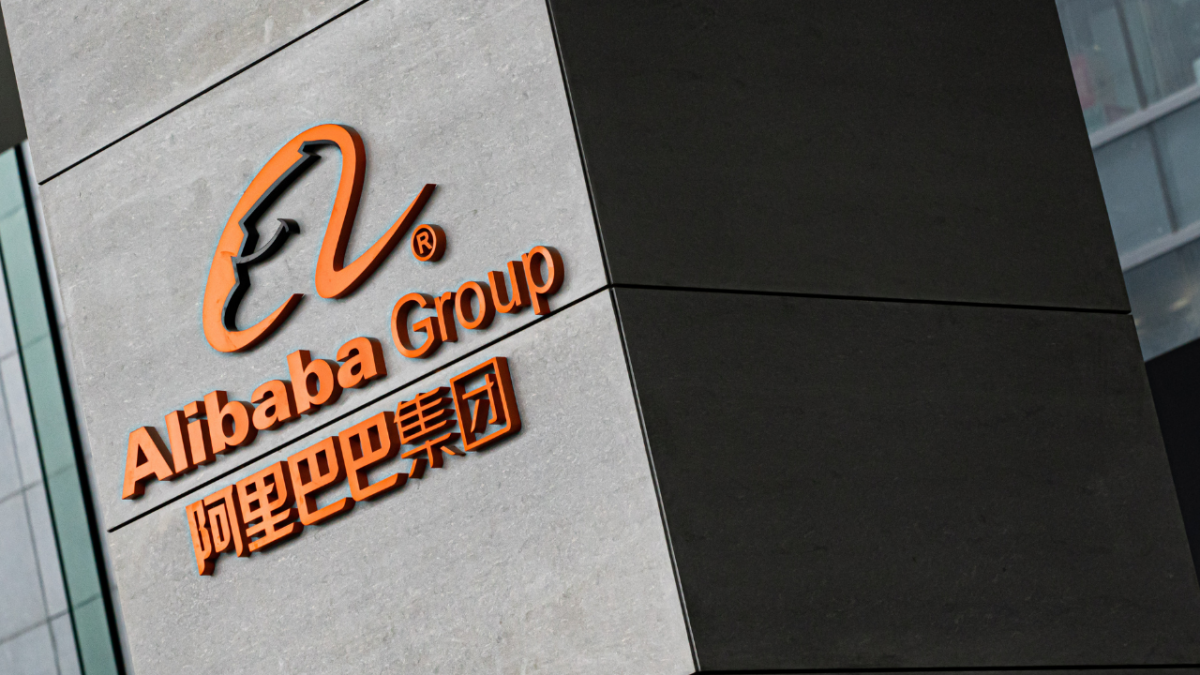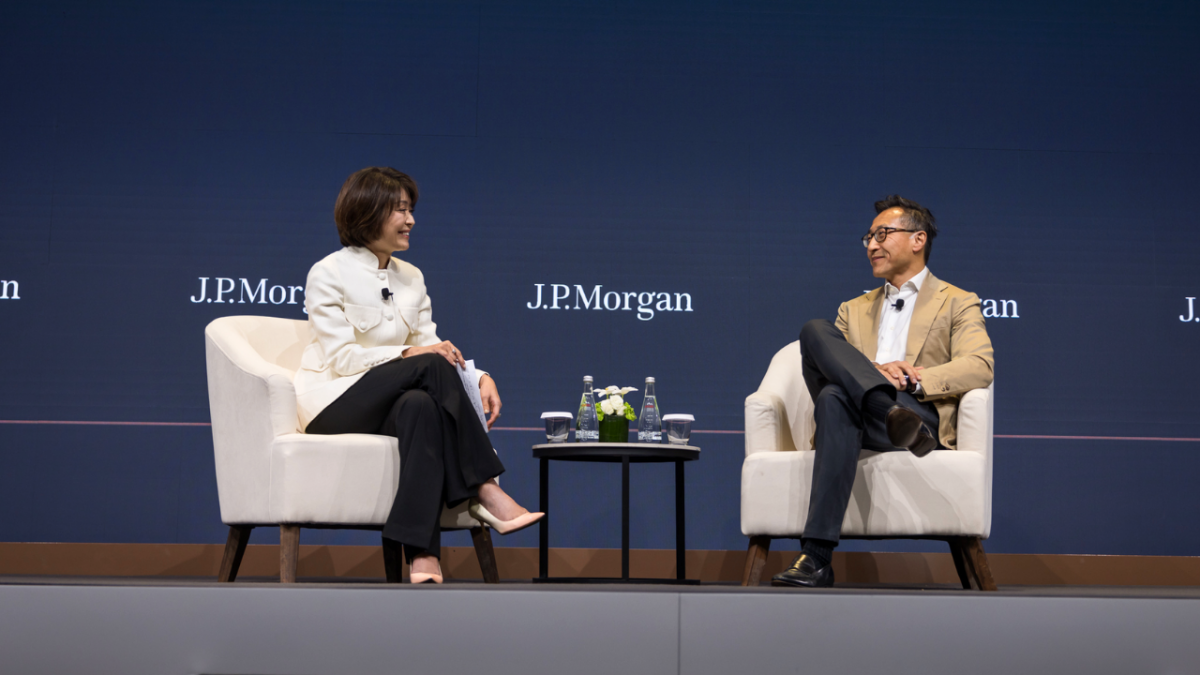


Alibaba's Toby Xu speaking at the group's Investor Day virtual conference. Photo credit: Alibaba Group
Alibaba Group offered investors a deeper insight into its growth strategy on Friday and revealed more granular metrics for its core commerce segment.
The e-commerce company also laid out its plan to weather China’s economic slowdown and counter fierce competition in its home market.
“These are issues that we will confront head-on,” Toby Xu, Alibaba’s Deputy Chief Financial Officer, said during two days of virtual presentations by Alibaba executives to investors.
“It’s only through growth that we can create new value and invest for the future. We remain firmly committed to investing for the future, and will do so with a high degree of discipline,” he added.
Xu said the firm was focused on creating value for customers and consumers in its largest marketplaces, Taobao and Tmall, and investing in new businesses, such as bargains app Taobao Deals and community marketplaces business, Taocaicai, as it plans for the future.
“Offense is the best defense,” said Xu, who will succeed Maggie Wu as CFO on April 1.
Wu and Xu took to the stage together during the virtual investor meeting, smoothing the handover for Alibaba’s followers in the investment community.



Investment Priorities
When Alibaba released its full-year results in May and laid out its plans for its fiscal year 2022, the group said it would use incremental profits and additional capital to support merchants and invest in fast-growing markets.
Xu, the CFO in waiting and also Head of Alibaba’s Strategic Investments, outlined the thinking behind the group’s investment plan to date.
For Alibaba’s seed investments, such as secondhand marketplace Idle Fish, Taobao Deals and livestream commerce channel Taobao Live, the group prioritizes achieving scale and gaining mind share among consumers.
“I’m certain that every penny that we spend will create value,” Xu told equity analysts during an Investor Day Q&A session.
As businesses gain traction, the group places more weight on increasing transaction volume and growth. Singapore-headquartered online marketplace Lazada, global e-commerce site AliExpress, and Turkish e-commerce group Trendyol, fall into this category.
For its core profit drivers, Taobao and Tmall, Alibaba takes a different tack. Here it concentrates on maintaining leadership by delivering a smooth consumer experience,deepening consumer segmentation andd identifying new brands and sub-categories such as home decor, while improving logistics.
Increased Transparency
As Alibaba’s portfolio of new businesses keeps expanding, it broke down its core commerce segment into four buckets for the first time so that investors could get a better read of each business’ financial performance and track the results of its investment drive.
“We have always believed in providing more transparency in our reporting and disclosure to allow our shareholders to better understand our business and financial performance,” said Wu.
The breakdown of businesses also provides an updated reflection of how Alibaba manages its businesses, their differing compensation structures and paves the way for them to potentially raise funds externally. For example, Trendyol raised US$1.5 billion in August.
“We appreciate the Ali team disclosing a decent amount of operating metrics,” said Alicia Yap, a Citigroup equity analyst in a research report.
The first bucket, China Commerce, racked up an adjusted core earnings, EBITA, of RMB92.2 billion in the first half of Alibaba’s 2022 fiscal year.
Revenue for International Commerce, including Lazada, AliExpress, Trendyol and Daraz, climbed 41% year on year to RMB30.3 billion. The division lost RMB3.5 billion in the first half as the group invested in growth and market penetration. The strategy was paying off as annual active consumers for the newly created division hit 285 million for the 12 months ended September 30, up from 207 million a year earlier.
Local services expanded and invested in high-frequency services, incurring RMB11.3 billion of losses while revenue climbed 18% to RMB20.9 billion in the same period. Cainiao Network was RMB461 million in the red for the first half as it built out infrastructure and its revenue jumped 35% to RMB20.9 billion.



Wu stressed Alibaba’s track record of incubating businesses into profitable industrial behemoths.
When Alibaba started to segment its profit & loss statement five years ago in order to help investors better understand the performance of its growing businesses, Alibaba Cloud was still loss-making and generated only RMB1 billion in quarterly revenue.
Today, Alibaba Cloud is profitable and generates a quarterly revenue of over RMB20 billion.
“Over time, we have created many strong and profitable businesses, such as Taobao, Tmall, Alibaba Cloud. Similarly, over the last several years, we have invested in promising new and growth businesses,” said Wu.





